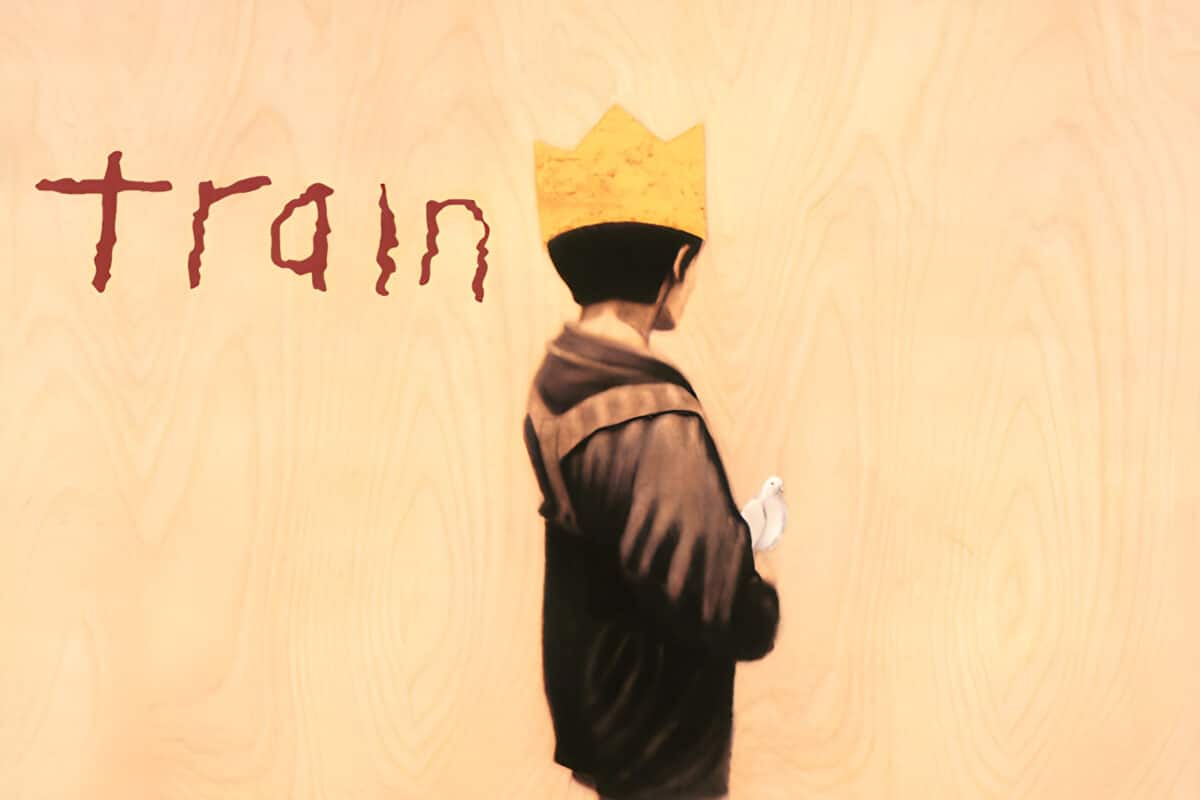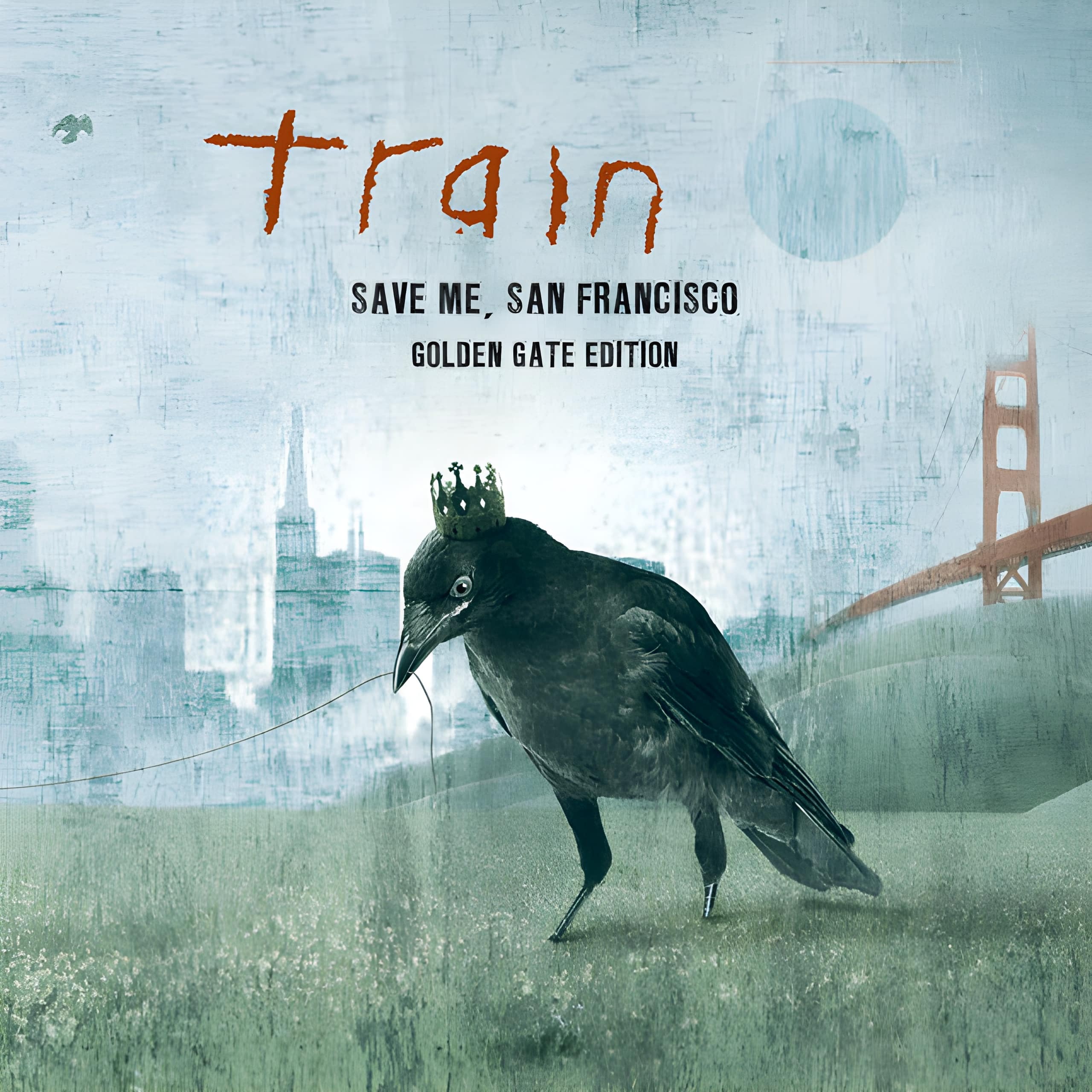Released: 2001
“Drops of Jupiter” by Train rolls out not just as a song, but as a journey—a poetic dive into the experience of reconnection and self-discovery. It tells the tale of someone returning from a life-altering adventure, packed with celestial imagery and metaphors that bridge the vastness of space with the intricacies of human emotion. It’s a masterclass in how rock can transcend the mundane, transforming a personal tale into a universal story of growth, loss, and the quest for meaning.
The song kicks off with a striking image: someone “back in the atmosphere with drops of Jupiter in her hair.” This imagery suggests a return from an extraordinary experience, symbolic of wisdom or change that fundamentally alters one’s perspective. The lines “She acts like summer and walks like rain” further paint this person as someone transformed, embodying both the warmth of summer and the refreshing, renewing qualities of rain. This transformation hints at an internal growth that occurred during her “stay on the moon,” a metaphor for a journey of self-discovery or a significant life chapter apart from the norm.
The chorus asks a series of reflective questions, like “Did you sail across the sun? Did you make it to the Milky Way to see the lights all faded and that Heaven is overrated?” These questions aren’t just poetic musings; they’re deep, probing inquiries about her experiences and the revelations they brought. They challenge the listener to consider whether their own journeys—or periods of personal growth—have led them to find unexpected truths or to reassess what they value. The chorus serves as a reminder of the song’s central theme: the pursuit of self in the expansive universe.
As the song progresses, it delves into the dynamics of returning home after being fundamentally changed. “Now that she’s back from that soul vacation, tracing her way through the constellation,” suggests a struggle to reintegrate into the familiar after having been transformed by the unfamiliar. The mention of “Mozart” and “Tae-Bo” illustrates attempts to mesh new interests or aspects of one’s identity with the old. It’s about finding balance and space to grow within the realms of what was once familiar.
The song also touches on fear and regret through the character of “Plain ol’ Jane,” who tells a story of someone “too afraid to fly, so he never did land.” This verse serves as a cautionary tale against letting fear hold you back from experiencing life fully. It’s a poignant reminder nestled within the song’s exploration of personal growth and the search for self.
Finally, “Drops of Jupiter” closes with reflective and somewhat rhetorical questions about the nature of love, friendship, and experiences. Lines like “Can you imagine no love, pride, deep-fried chicken,” while whimsical, ground the song in tangible, relatable experiences, juxtaposing the grandiosity of celestial exploration with the simple, yet profound, aspects of human life. It wraps up the song on a note of introspection, questioning the balance between seeking oneself in the vastness of the universe and finding contentment in the familiar joys of life.
In essence, “Drops of Jupiter” is Train’s way of encapsulating the human experience—a blend of wonder, longing, growth, and the ethereal connection between the cosmic and the personal. It’s a song that encourages listeners to embrace their journeys, cherish their transformations, and always seek the extraordinary in the everyday.






